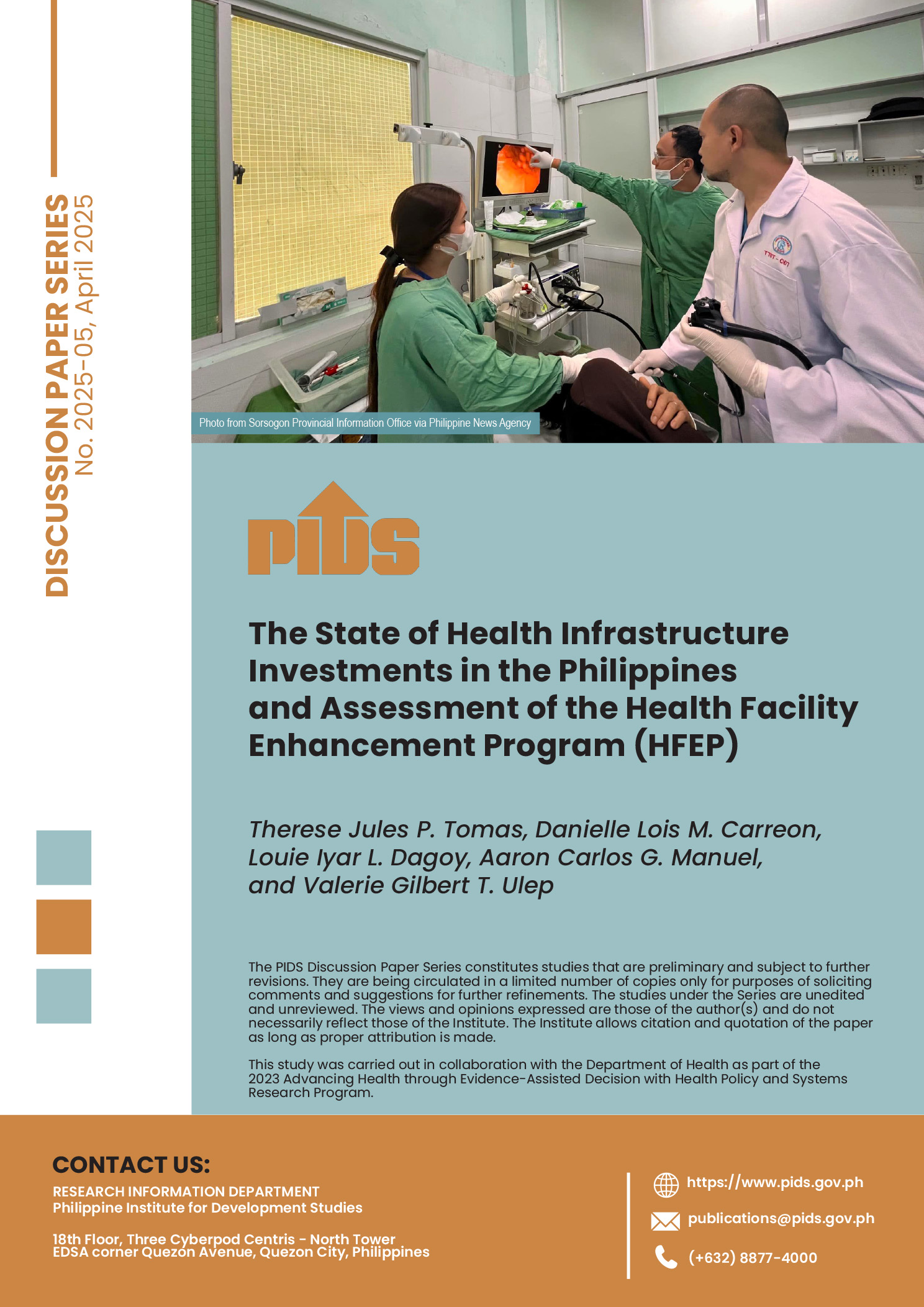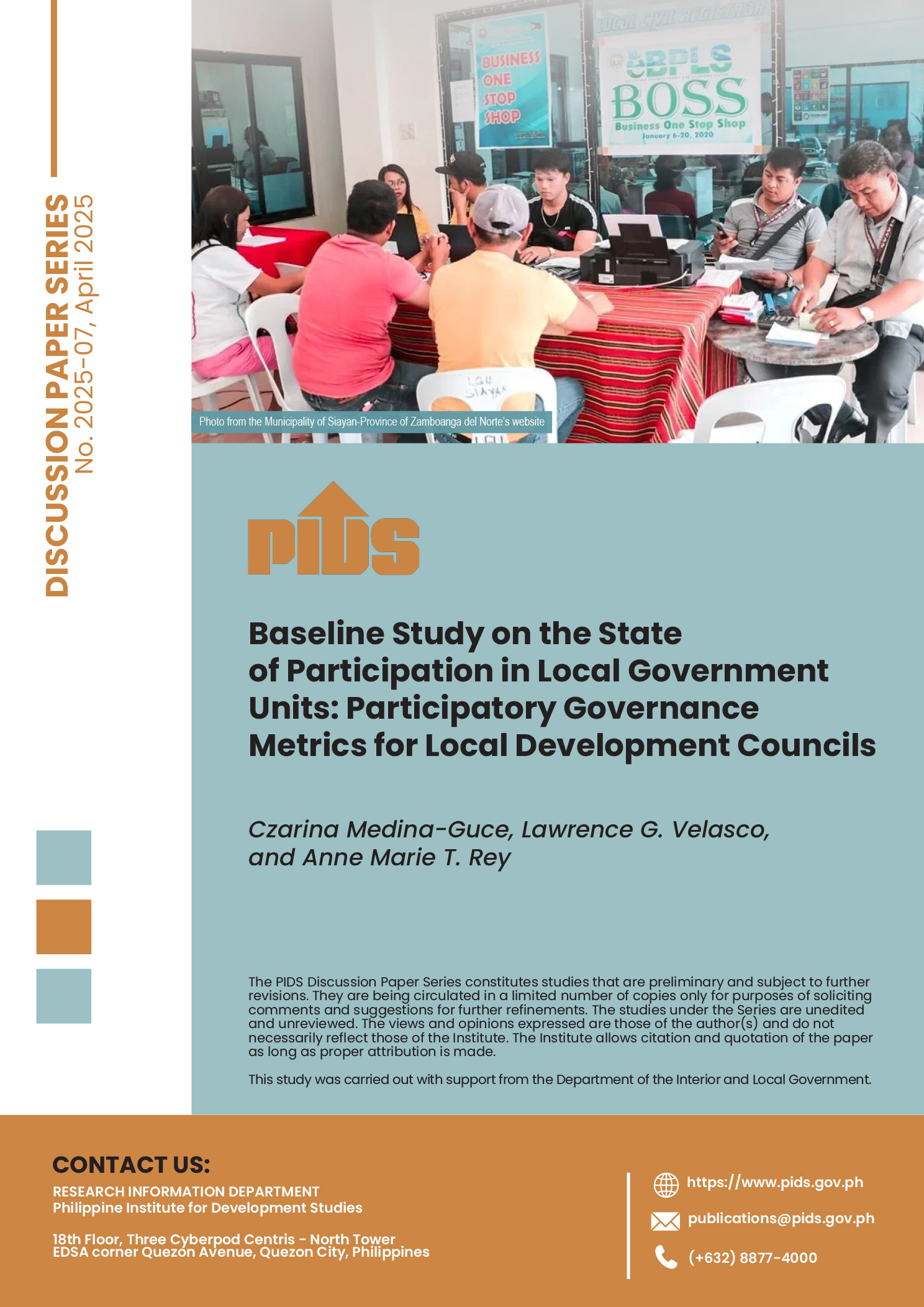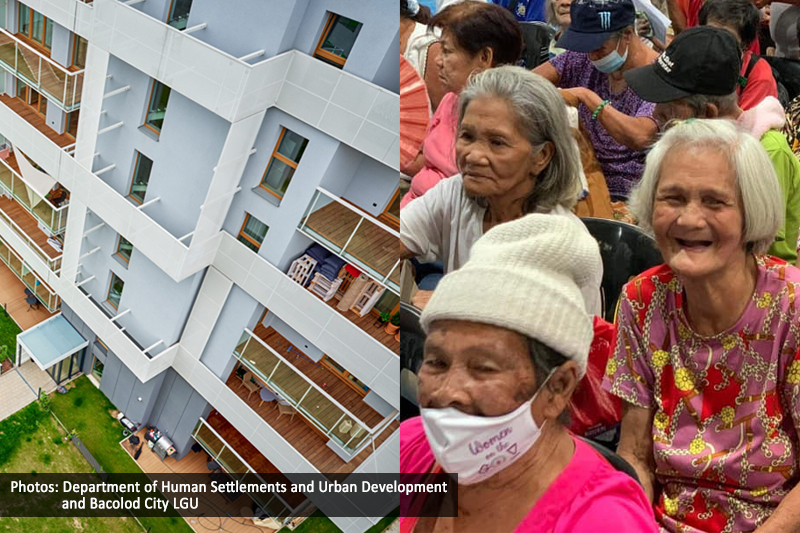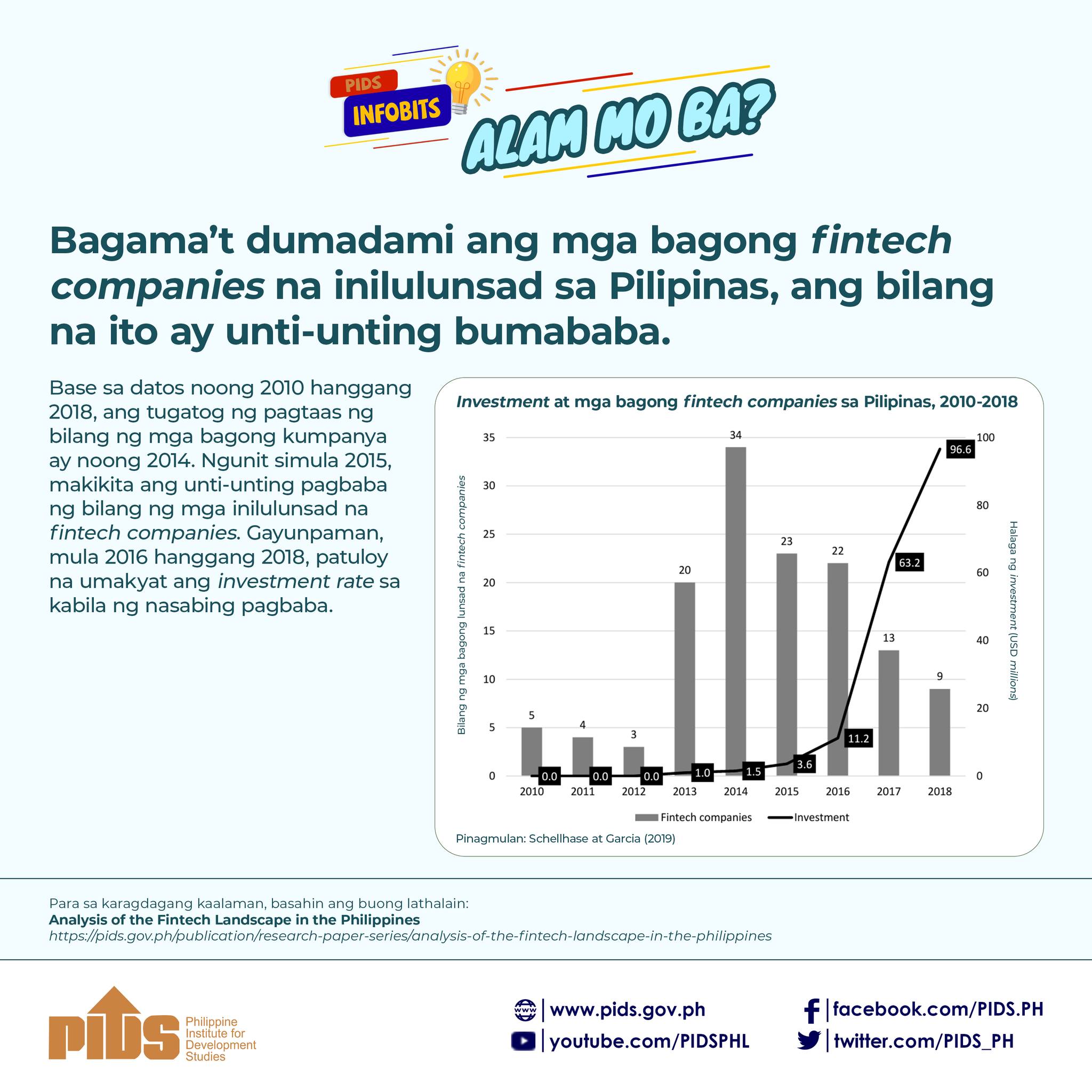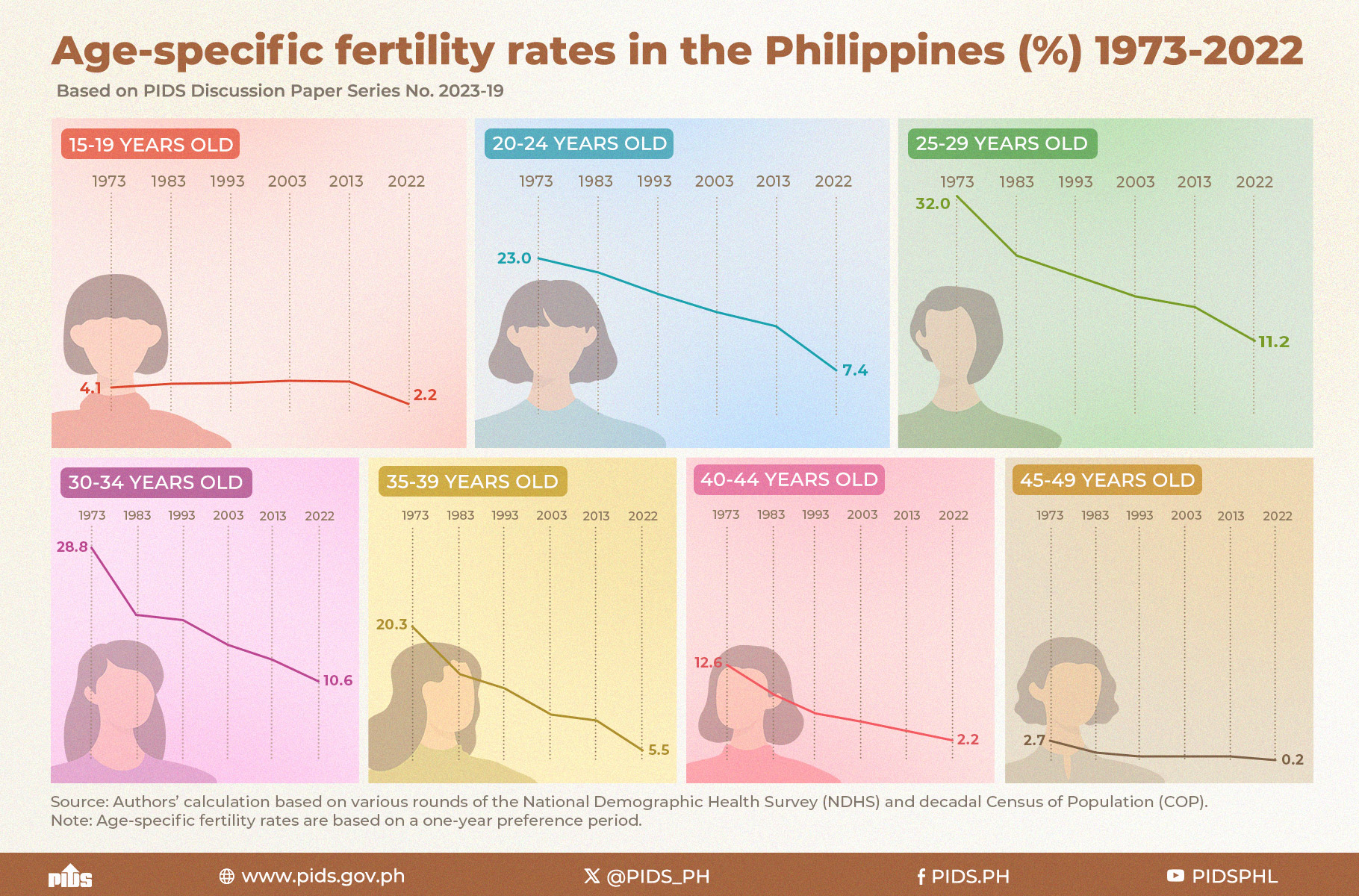AROUND 35 percent of those who dropped out of the Students’ Grants-in-Aid Program for Poverty Alleviation (SGP-PA) were uninterested in pursuing tertiary education.
This was stated in a policy note titled "How Should Income-Based Grantees in Tertiary Education be Chosen?” authored by Philippine Institute for Development Studies (PIDS) consultant Denise Valerie Silfverberg.
Silfverberg said that because of this, there is a need to refine the selection process of choosing grantees of tertiary-degree programs in the future.
"The selection process needs to be refined to efficiently allocate the financial assistance to the targeted population. The program should aid those who are financially constrained but should focus on those who have the least ability constraints. The best available tool for gauging this would be admission exams,” Silfverberg said.
Silfverberg said the SGP-PA’s primary criteria for eligibility is if the potential grantee is a recipient of the Conditional Cash-Transfer Program and if there is no college graduate in the family.
The study also stated that academic merit was not considered when choosing the beneficiaries except for high-school completion.
However, the study showed that 139 students who dropped out of the program for various reasons. The highest number of dropouts was recorded at 39 at the Cordillera Administrative Region.
There were 12 reasons the students dropped out and three of them accounted for 35 percent of the dropouts who cited lack of interest, preference to work and academic difficulties.
Silfverberg said this indicated that the chosen grantees were simply unprepared for tertiary education.
Other reasons for dropping out included pregnancy, health issues, familial obligations, behavioral issues, homesickness and even cultural change experienced through relocation.
Apart from ensuring the overall readiness of scholarship grantees, there is a need to increase scholarship funds and improve the delivery of stipends to scholars.
"A number of grantees who have dropped out have indicated their intention to return to university and finish their degrees. Most of these grantees were those who had unplanned pregnancies and those who had financial difficulties due to the delayed release of stipends,” Silfverberg, however, said.
The SGP-PA supports students unable to afford tertiary education. The program was implemented in academic year (AY) 2012 to 2013 and will be expanded to 36,000 students from 4,000 students in AY 2014 to 2015.
The total grant amounts to P60,000 per academic year per student. The amount covers tuition, textbook support, and stipend or living expenses for the grantees.
The government extends P10,000 per semester for tuition and other fees; P2,500 per semester for textbooks and other learning materials; and P3,500 per month for 10 school months as stipend.//
PIDS report reveals 35% dropout rate among SGP-PA state scholars


